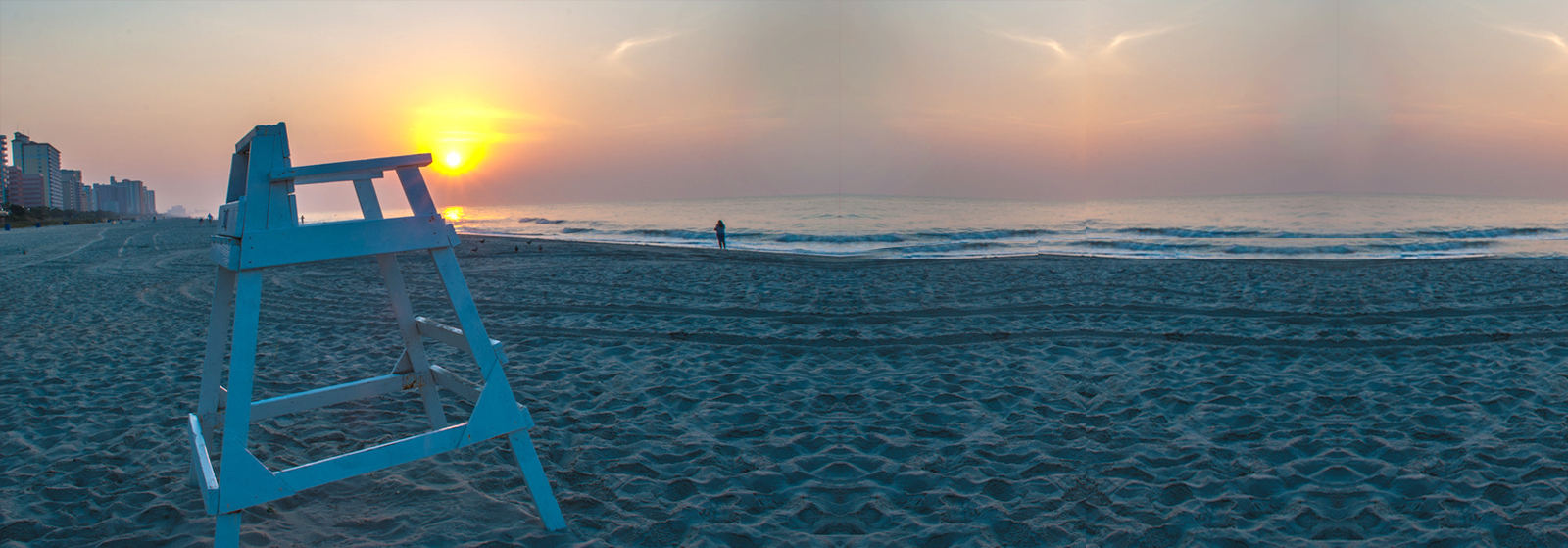The role of a lifeguard at the beach or in the pool is to rescue those who are in trouble in the water. A career as a lifeguard is considered one of the most rewarding jobs possible. On the other hand, being a lifeguard comes with responsibilities. A lifeguard must keep a constant eye on the swimmers and rush to the injured, and assist them in the event of an emergency. As a result, lifeguards must undergo comprehensive training such as lifeguard training course to prepare for their future responsibilities and tasks.
The West Coast Water Safety lifeguard training course is the first step toward getting hired as a certified lifeguard. A lifeguard is a person responsible for maintaining swimmers’ safety and thus requires a comprehensive training module to prepare for the responsibilities associated with it. Our team of experienced professionals has curated a detailed training course that includes both hands-on skills and theoretical sessions.
What Exactly Are Lifeguard Training Course?
Lifeguard courses in Perth teach pool or beach lifeguards skills such as cardiopulmonary resuscitation (CPR), automated external defibrillator (AED), first aid, emergency oxygen administration, in-line stabilization, active and unconscious choking, and victim rescue.
Cardiopulmonary Resuscitation (CPR)
CPR course in Perth is necessary for lifeguard certification. It is an emergency technique that combines chest compressions with artificial ventilation. In a cardiac arrest caused by a drowning accident, the lifeguard must be adequately trained to address the situation. During mouth-to-mouth resuscitation, the lifeguard should use a pocket mask.
CPR is a necessary skill set for getting a lifeguard certification in Perth. It is an emergency technique that combines rescue breathing and chest compression to maintain a heartbeat and airway. This is performed on a person who has fallen into cardiac arrest until the Emergency Medical Services arrive.
Rescue breathing is required when the victim has a pulse but is not breathing. CPR is required when the victim has no pulse and is not breathing.
As a lifeguard, you may encounter plenty of situations that may or may not involve water; therefore, you need to be prepared for emergencies.
Automated External Defibrillator (AED)
An AED is a portable electronic device that detects cardiac arrest or arrhythmias distinct from heart attacks. It delivers an electrical shock to the subject in an attempt to restore normal heart rate.
An AED is a technique used when someone is experiencing a sudden cardiac arrest. It is a sophisticated portable device that detects cardiac arrest from arrhythmia or heart attack. This device is used to deliver an electric shock when the heart needs to restore an effective rhythm or heart rate.
First Aid Training
The lifeguard’s primary responsibility is to prevent the person from drowning and other damages from occurring. While performing first aid, lifeguards should protect themselves from blood-borne infections. He should use latex gloves to avoid direct contact with the victim’s blood.
The lifeguard’s primary responsibility is to respond to water emergencies; therefore, it is critical to have a good level of first aid training. We teach you to be proficient in resuscitation skills, manage spinal and head injuries, and respond to medical emergencies such as epilepsy.
Emergency Oxygen Administration
Provide emergency oxygen treatment to individuals suffering from respiratory or cardiac problems.
In-line Stabilisation
This is a treatment used for suspected spinal injuries both in and out of the water that employs arms to stabilise the head and prevent additional movement that might accelerate the head, neck, or spinal injury.
Active and unconscious choking
Active choking methods involve back strikes and abdominal thrusts to push the item, restricting the victim’s airways. On the other hand, unconscious choking methods are equivalent to CPR with minor differences.
Victim Rescue Skills in Lifeguard Training Course
They are the abilities required to treat various injuries and diseases that may arise. Active victim rescue, passive victim rescue, and spinal rescue are some of the rescue techniques.
Active victim rescue is intended to remove and soothe the victim from the water as quickly as feasible. The pattern of rescue changes depending on the victim facing the lifeguard.
Passive victim rescue occurs when the victim is in a passive state or has already passed out in the water.
Spinal rescue this rescue method implies that the person has been injured in the head, neck, or spine. More precise precautions are essential for this form of rescue to guarantee that no more movement causes any injury or difficulties to the victim.
What do I learn in a Lifeguard Training Course?
In a lifeguard training course, you learn the management & scanning of a safe pool or beach, taking measures for the prevention of accidents, advanced aquatic rescue skills, usage & handling of rescue equipment, basic water maintenance & treatment methods, as well as a full-fledged first-aid training module.
Our lifeguard course offers a well-defined and structured curriculum where you can learn critical pool or lifeguard skills such as first-aid, cardiopulmonary resuscitation (CPR), automated external defibrillator (AED), in-line stabilisation, emergency oxygen administration, and victim rescue operations.
Want to know more about each skill and what this course entails? Let us walk you through the course at a glance.
Closing
After completing the whole lifeguard course in Perth, a lifeguard trainee must demonstrate their abilities through examinations. Before receiving a lifeguard certificate, the individual must pass a written and first aid lifeguard certification test. If you are interested in enrolling in a lifeguard training course, check West Coast Water Safety today!
For more than a century, we have been training lifeguards to help them respond to emergencies of all sizes – no matter what! Join the folks we train every year and get certified for the skills that can save lives. Are you interested in learning from our expert team? Get yourself enrolled in one of the lifeguard courses at WCWS today!

